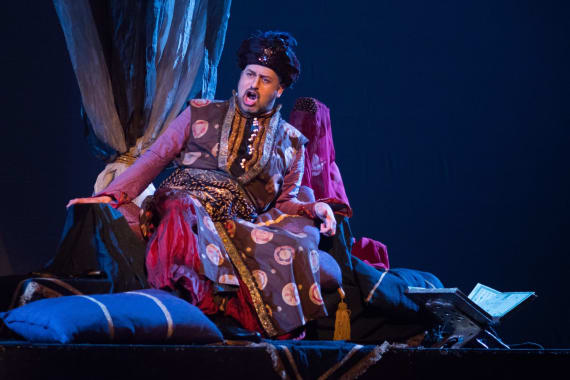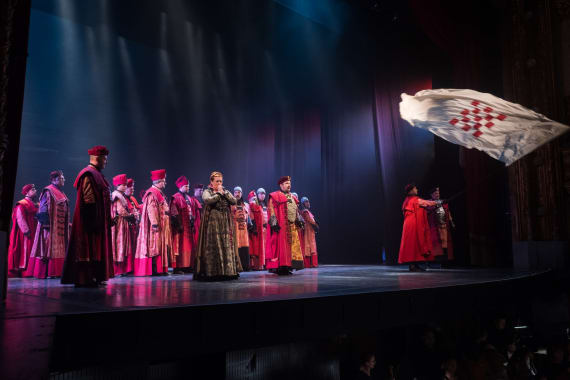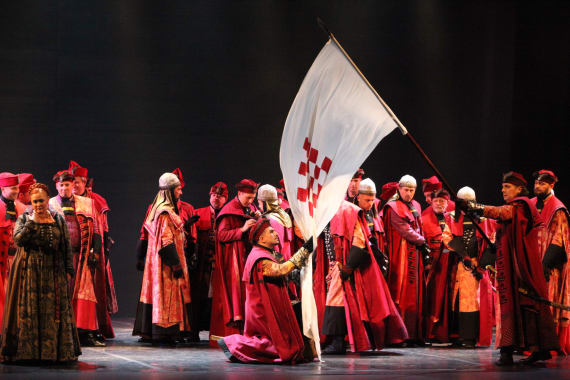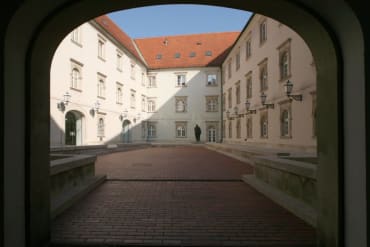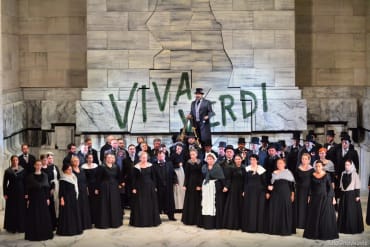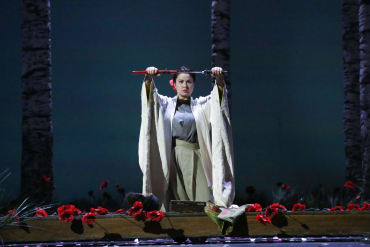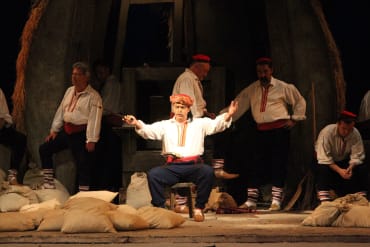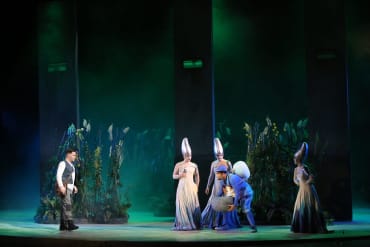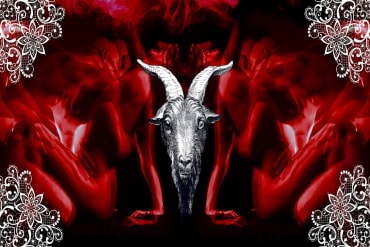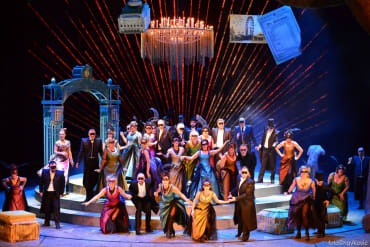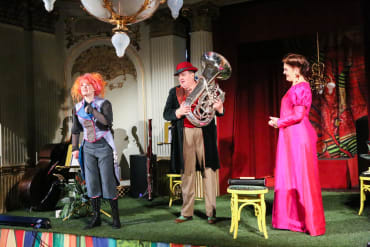Ivan pl. Zajc
NIKOLA ŠUBIĆ ZRINJSKI
The 1876 world premiere of the opera Nikola Šubić Zrinjski by Ivan pl. Zajc, the founder and manager of the Zagreb Opera Theatre, was an important cultural event as it also marked the birth of Croatian National Theatre's Ballet, another art division of the Croatian National Theatre in Zagreb.
Following the Croatian hero Nikola Šubić Zrinjski’s last days in Siget and his heroic death, this opera has been tremendously successful with the audiences from its very premiere, and to this day it has kept an exceptional and honorable place on the Croatian opera scene. The poignant Siget heroes’ call to arms of “To Fight! To Fight!”, the choir song composed ten years before the opera itself, was particularly thrilling to the audiences. The opera owes its great popularity to its portrayal of a real-life hero from the history of Croatia, who saved Slavonia from complete enslavement during the hard times of Turkish invasion. Although he could not prevent the Turks from occupying some towns, Zrinjski courageously died while defending Siget. Apart from the strongly patriotic atmosphere of the opera, an important feature of Zajc’s writing is visible in his display of two differentiated and opposed worlds, each of them carrying their own characteristics. Thoughtfully profiling the characters of Zrinjski and Sultan Suleiman in accordance with historical facts, as their antipodes Zajc also created Eva and Jelena, two strong female characters in Croatian opera history, assigning them important dramaturgical and musical roles.
There are operas, and then there is Zrinjski. - Boris Papandopulo
The highlight of Zajec’s opera, accentuated by Dolenčić’s direction and further emphasized by the performances of Marof and Franetović, is the meeting between Zrinjski and Sokolović in Act II, when the Turkish vizier offers the Count a royal crown in return for the keys to Siget which Zrinjski rejects by replying: ‘The banus is a king to the Croats, he rules in the king’s stead.’ - Vjesnik
There are operas, and then there is Zrinjski.— Boris Papandopulo
The highlight of Zajec’s opera, accentuated by Dolenčić’s direction and further emphasized by the performances of Marof and Franetović, is the meeting between Zrinjski and Sokolović in Act II, when the Turkish vizier offers the Count a royal crown in return for the keys to Siget which Zrinjski rejects by replying: ‘The banus is a king to the Croats, he rules in the king’s stead.’— Vjesnik

